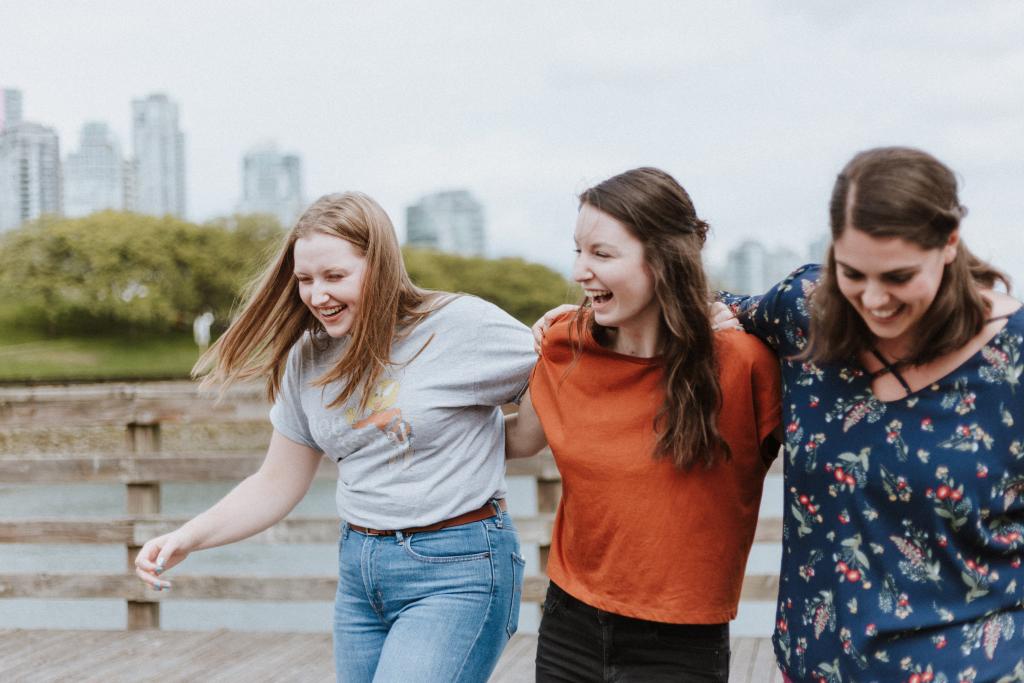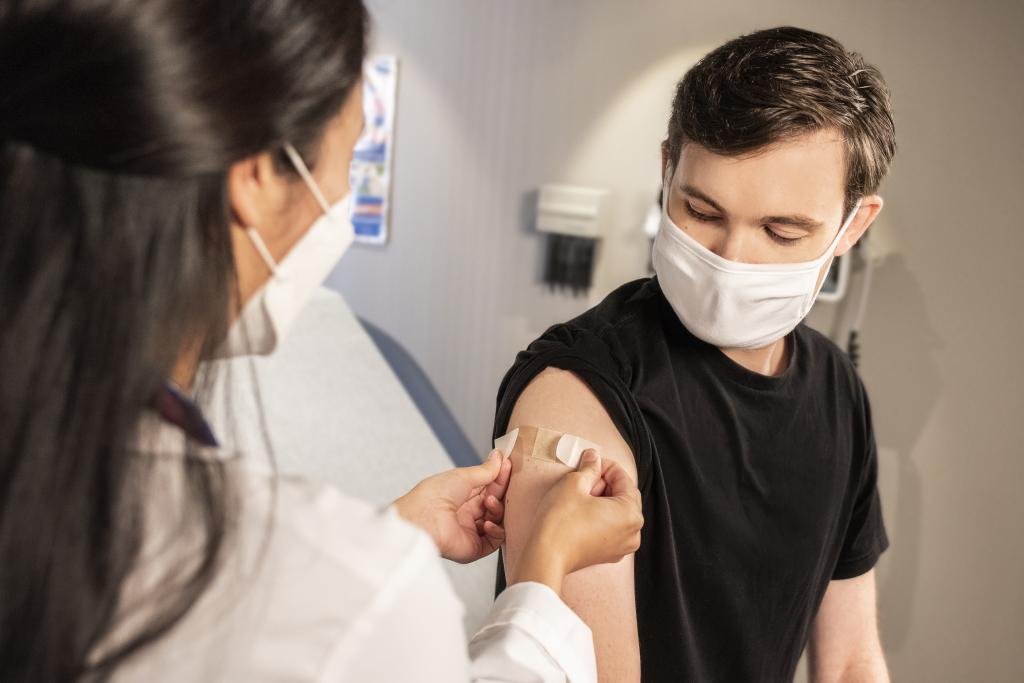On Thursday afternoon, my husband stuck his head into our bedroom, where my work-from-home setup is located, and announced that the pandemic was over. “What the h*** are you talking about?” was my measured response. “The CDC says if you’re vaccinated you don’t have to wear a mask, basically anywhere.” I couldn’t help myself. I cheered.
Of course, the pandemic is far from over. My husband knows this, and so do I. India is in the midst of a devastating second wave. We’re still living with the uncertainty of variants, vaccine hesitancy, and a myriad of complex obstacles standing in the way of full recovery. But that doesn’t mean that good news isn’t good. I was, and am, thrilled to finally be able to plan gatherings with friends, celebrate long-delayed weddings, and generally enjoy myself without constantly worrying about safety. We’ve known for some time that vaccines are effective both inside and outside, and it was good to see our national health institutions acknowledge this fact. So I was surprised and dismayed by the reaction from so many people in my life to this undeniably good news.

Confusing Guidelines
There are, obviously, practical problems with the latest CDC guidelines. It doesn’t help that intentionally misleading statements about masks early on have caused many of us to lose trust in them. As many as 50% of Americans simply don’t believe a thing they say. But even if we do believe them, the guidelines are hard to enforce. It’s impossible to know for sure if someone is vaccinated or not. This puts store owners, service industry staff, and everyday people in an awkward situation. On a practical matter, it still makes complete sense for businesses and public spaces to require masks. We can go a long way by practicing a little patience with one another. Even if I know I don’t need to wear a mask in the grocery store, I should wear one because it’s the rule and it makes life easier for the people working there. Reasonable people can and should accommodate reasonable rules and requests. We’re all in this together – or at least we should be.
The Mask as Political Symbol
Unfortunately, some people have come to view masking as a symbolic statement of COVID seriousness. For these Americans, wearing a mask isn’t so much a way to protect oneself as a way to communicate that they are not COVID deniers. By this logic, anyone not wearing a mask must be a COVID denier. It’s an easy way to visually identify who are your political friends and who are your enemies. This is the opposite of “trusting science,” but why let logic get in the way of political tribalism? By lifting mask mandates, the CDC threatens to eliminate this simple visual cue, which has served thus far as another useful way to divide society.
Symbolic masking is harmful because it undermines scientific belief. It turns masking into something silly and disconnected from medical purpose. Worse, symbolic masking actively discourages an end to a pandemic-centered life. It discourages recovery. We shouldn’t wear masks to demonstrate our care for other people. We should demonstrate our care for other people by doing the right thing and following the best available scientific advice. That’s it.
Why Not Wear Masks Forever?
One question I’ve seen frequently, both online and from friends, is why anyone wants masking to end at all. Why not simply continue to wear masks forever? Major events lead to cultural change, this argument goes. There is no returning to normal. This is the new normal.
To this I say simply: don’t be ridiculous. There is a difference between making room for cultural change and advocating for restrictive permanent mandates that impede daily life. Wearing a mask when you have a cold is already normal in much of the world, and it would be great to implement that here. Requiring face coverings every time you step inside is completely different. Masks aren’t a major personal burden in most situations, but there are plenty of situations where wearing a mask zaps the enjoyment out of life. Sitting in a theater for a three-hour musical with a mask on my face? Unlikely. Dancing in a crowd with a face covering? Nope. Attending a party at a responsible 6-foot distance from every other human being? Give me a break. Warning every young person against ever – ever – kissing a stranger again? Lord, I hope not! Very few people want to live like this forever, and fortunately we really don’t have to.
The Trust Collapse
The fundamental problem with the new CDC guidelines is that we, as a society, do not trust each other. We view each other with suspicion, expect others to lie about their vaccine status, and generally cannot rely on one another for support. This phenomena is highlighted in a disturbing story from the Washington Post. Rebecca Kee, a fully vaccinated woman, was walking down the street in her neighborhood without a mask.
Then a man with two children, all masked, darted into the street to avoid her. When she told him there was new guidance, the man told Kee she was lying and he hoped her family would get sick and die.
Notice the specific accusation Kee’s neighbor made of her: that she was lying. Her evidence-based decision to forgo wearing a mask while fully vaccinated and outside was interpreted as making her fundamentally untrustworthy. It wasn’t about the mask at all. It was about her and which tribe her neighbor considered her a member of. He determined that she was an enemy, and proceeded to wish harm upon her and her loved ones. I wish I could say this was an isolated event, cherry-picked for a newspaper article, but we all know that’s not the case. This type of thing is happening every day, all over the country.
Fine, Everything’s Political
Despite the fact that I’ve stated clearly in this article that 1) I’m fully vaccinated and 2) will still mask without complaint wherever required, I’m confident that I’ll still receive comments on this blog about how selfish I am. It doesn’t matter what sacrifices I’ve made personally since March 2020 or that I’m following all the best available advice. What matters is that I’ve come out and said that I prefer a future where I don’t wear a mask every single day. And, as much as I don’t want it to be, that in itself is a political statement. In a society where nothing – not even religion – matters more than political alignment, everything we do is political. So, insofar as I have to take a political stance on masks, this is mine:
A mask is one of many useful tools for stopping the spread of airborne illness. Masks should be warn when medical advice or local rules advise them. That’s all.
It’s up to you to decide if you think I’m lying or not.
















